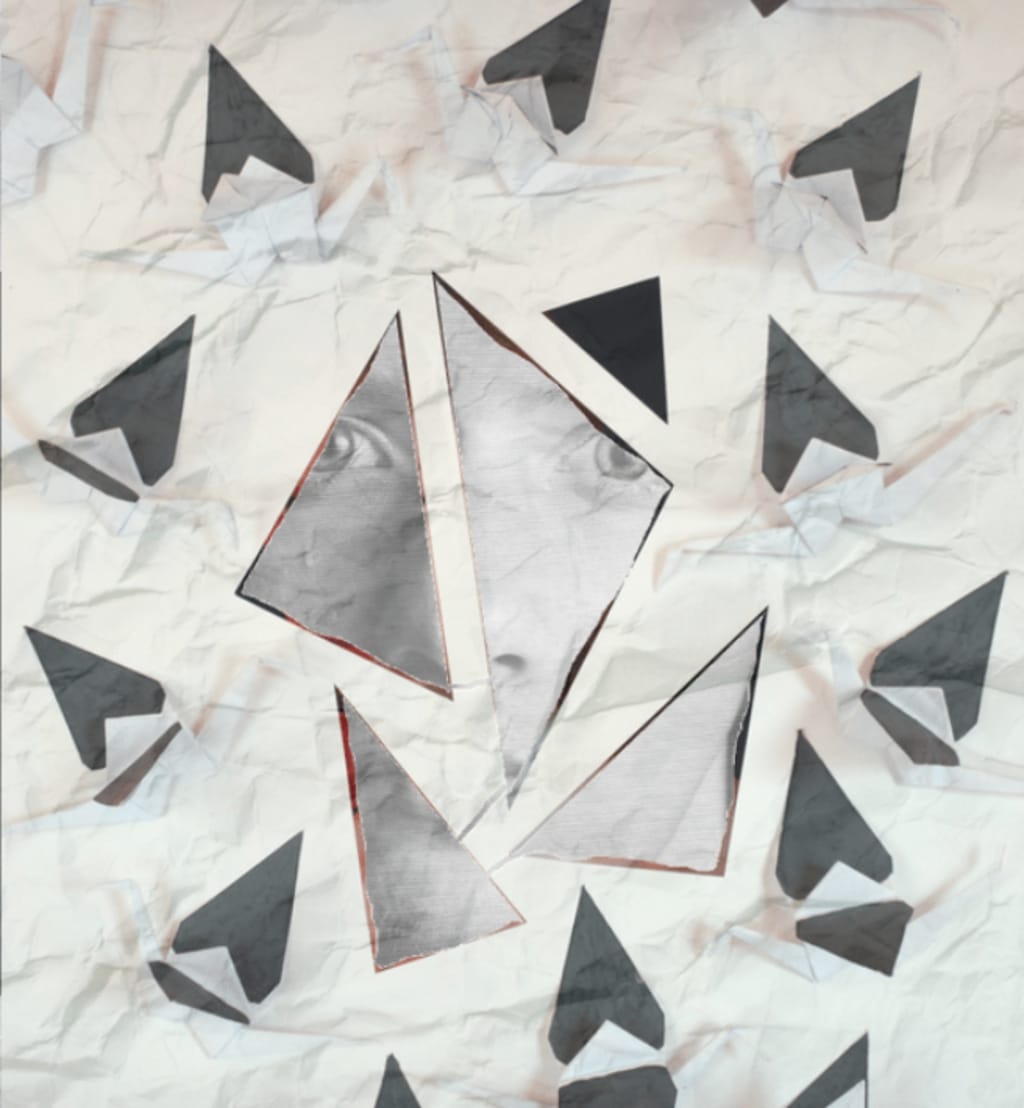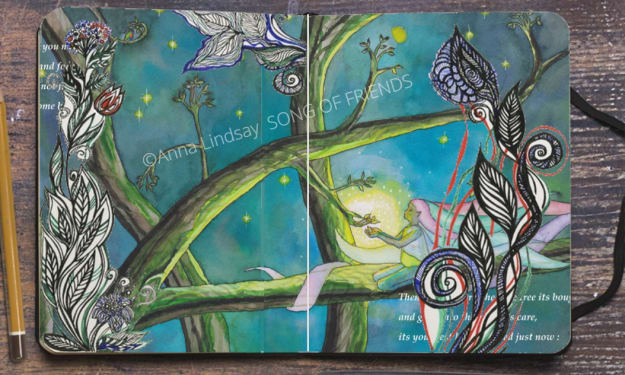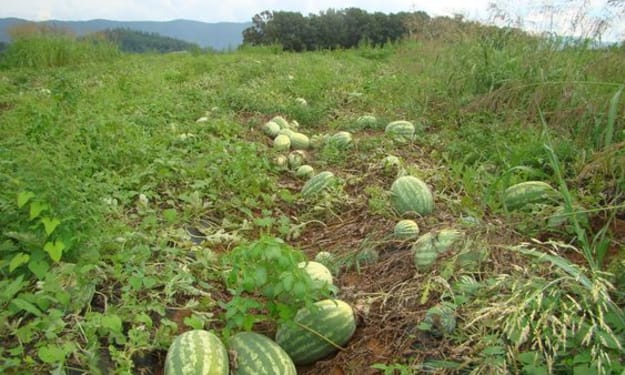
I hated it. All that paper. My father would seek out paper like some strange sniffer dog on a trail, enthusing about texture and weight, the relative merits of Japanese Washi compared to Nepalese Lokta…
Where other kids roll their eyes at their parents’ film and music preferences, or deal with the consequences of a caretaker’s substance abuse (such a misnomer, that, isn’t it? “Caretaker”… as if!) my own grumbles revolved around paper.
We’re not talking about toilet paper (although yes, Dad had a prized roll of Hanebisho too: never to be used, of course, merely admired). No, we’re talking about hoards—from processed cellulose, to rag papers, to papyrus and mulberry; from bespoke stationery, to exquisite single sheets.
Dad’s collection of handmade ganpi, made by a craftsman now long dead, was his prize above all prizes; gossamer-thin, off-white with that exquisite sheen, and kept in a temperature- and humidity-controlled case—my father’s equivalent of a shrine. Nothing in the world was quite so beautiful or noble, he declared: nothing like it would ever be made again, now that the wild bushes from which it’s made are vanishing, devoured by demand over supply. Plus, there are fewer experts willing to soak up to their elbows in winter’s icy waters just to craft it.
Of course, if it had only been the ganpi, I wouldn’t have minded. Everyone’s parents are allowed some eccentricities, aren’t they.
But like any addict, my father’s thirst for paper was not quenched by those few rare sheets. No. He knew every known artisan, living or dead, by name and accomplishments, and would lecture me on them. Endlessly.
Holidays were excuses for expeditions to marvel (Dad) at early wooden mallets, powered by a hydraulic wheel to beat rags of hemp into a pulp; or groan (me) at such a waste of weeks while classmates would be creating memories of sand and sun and seaside runs.
And our home… oh, you should have seen it. A hoarder’s paper paradise. If God had told paper to go forth and multiply, the resulting explosion would probably have looked like our interior. Claustrophobic, blocking out the light, filling every nook, trapping us. Wobbly stacks of rectangular or square sheets, each carefully labelled and sheathed in acid-free, lignin-free folders or archival polyester sleeves. Not for using, of course, merely kept, and added to, inviolate, like a miser’s gold or a dragon’s cache.
As an infant, I loved the times he’d let my (washed! dried! inspected!) pudgy fingers touch the textures, feel the weight, share his fascination.
But with the years, I grew to share my mother’s scorn and hatred of his obsession. And of him.
It was a relief when she and I left him, tore off all contact, and began a new life in a new city, in a new house with bright airy rooms and minimalist décor. We left no forwarding address.
The only paper we had, in that blissfully spartan home, was strictly functional: my school books, a single glossy art book (given by a dear friend of my mother’s and kept in solitary concession to sentimentality), and the short-lived store receipts which were added to the trashcan no sooner had the groceries been transferred to the refrigerator.
Birthday cards, Christmas cards, all were banned. Or binned upon receipt, when some well-meaning person sent one anyhow. Essays were done on the computer, novels and news were read electronically. Vital documents were scanned. We were a paper-free household. And I loved it…
And Dad? I imagine he ended his days as desiccated and brittle as his precious papers, tottering between teetering stacks of trophies, still thrilled by his treasures, translating any loneliness as he had every other emotion: into paper, fingertips tracing the deckled edges, finding comfort in weight and texture and history and inclusions, in the ornateness of a Florentine gold-leafed paper or the silk of a Samarkand sheet. His was a different world from the one in which I lived, and I did not miss it. There was no intersection with mine.
So imagine my surprise when I received the lawyer’s letter. I have no idea how he tracked me down all these decades later. Twenty thousand dollars, from the man I’d consigned to the dustbin of memory.
I don’t know what became of his collection. Nor care, really. Sold by his executors, perhaps. Or auctioned. There must be some museum somewhere, or artist, who would appreciate his lifetime’s acquisitions. I’m just relieved that he didn’t will it to me.
But twenty thousand dollars. I’ve used them to fund computers for a primary school.
And—don’t laugh—for a notebook. It’s small, and plain, and black, appealing to my minimalist tastes. But the pages are smooth, ivory-coloured, 120gsm. My pen doesn’t bleed through its pages. Not handmade, but my fingers find a tactile pleasure in its feel. And functional—unlike the pristine expanses in my father’s collection, this notebook is one I use, jotting down thoughts and calculations as I go. I’ve come to appreciate its convenience, carrying it with me without needing to consider WiFi availability or charging points or boot-ups.
So yes, after a lifetime of avoiding the stuff, here I am. A notebook convert, of the paper kind. It accompanies me everywhere. Dad might not have approved of my writing in it.
And yet… and yet, somewhere deep inside me, I feel that my appreciation of its texture, the weight of its individual pages, rediscovering those distant lessons of how to measure quality…I like to think that those, perhaps, would have filled him with a smile, healing the cuts in his papercaged heart.
About the Creator
Anna Lindsay
Anna lives in Cambridge, where she was adopted by two cats (yes, that way round). Poetry & fiction make her heart sing.
She loves making new friends and can be found at facebook.com/Anna.Lindsay.UK
Thanks for reading!






Comments
There are no comments for this story
Be the first to respond and start the conversation.